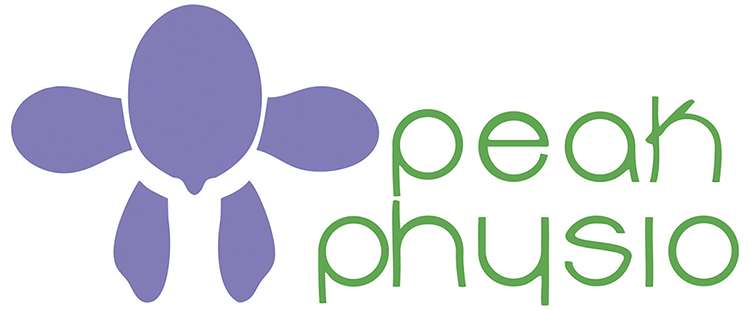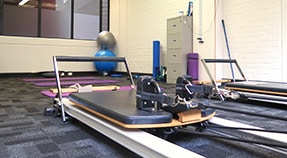Pilates has grown exponentially in popularity in recent years, so you might be wondering, what’s is all about?
Pilates Origins
The Pilates method was founded by Joseph Pilates in 1925. He himself was a sickly child who was determined to overcome his weak state. He went on to experiment and train in yoga, gymnastics, skiing, self-defence, dance, circus and weight training.
Joseph Pilates’ definition of fitness was “the attainment and maintenance of a uniformly developed body with a sound mind, fully capable of naturally, easily and satisfactorily performing our many and varied daily tasks with spontaneity, zest and pleasure.”
Pilates developed the exercises with the goal to avoid strain or pain through attention to detail and precision. The ‘flow’ of movement is sustained, as well as using full range of motion to encourage lengthening out of your muscles as you work them.
Pilates focuses on six main principles of concentration, control, centring, flowing movement, precision and breathing.
The exercises are completed on the Reformer machine or the mat, which focuses on the removal of the fight against gravity allowing tension to be regulated and the spine and pelvis to be aligned.
Contemporary Pilates
Pilates focuses on training the ‘core’ structures, such as multifidus, transversus abdominis and the pelvic floor, which play primary roles as postural, endurance and stabilising muscles. The introduction and emphasis is on improving awareness, connecting breathing, understanding the body, getting the correct muscles working and allowing the overworked areas to reduce tension.
Pilates exercises are directed towards a clients’ strengths and weaknesses. The foundations of breathing, alignment and working on the core are emphasised and, when able, a broader range of exercises are introduced continuing to apply the principles of the method whilst attaining a more dynamic approach.
Pilates claims to offer:
- Improved posture- working on muscle balance of the pelvis
- Increased core stability and tone of the abdominals, strength and mobility
- Prevention of injury through increased muscle control
- Enhanced functional fitness
- Balanced strength and flexibility
- Heightened body awareness
- Low impact exercise
- Customised programs to suit everybody from rehab to elite athletes
- Improved performance and follow on effects in other sports
- Improved balance and coordination
Pilates at Peak Physio
At Peak Physio, we offer small groups with a maximum of four participants so that the instructing physiotherapist can closely monitor technique and progress exercises as required. Our qualified physiotherapists tailor individual programs to suit all levels of fitness on a wide variety of equipment, including reformer and mat work, in our private purpose-fitted studio. Consult our timetable for our range of classes to suit your lifestyle.
Learn more about our Pilates classes in Newcastle.

